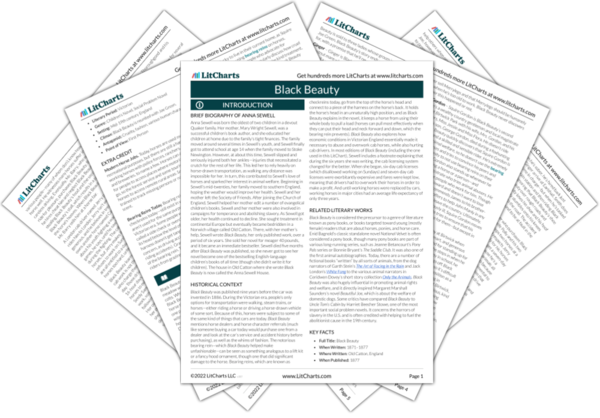Seedy Sam’s sudden death is chilling—the Governor infers that Seedy Sam worked himself to death because he felt he had no choice but to do so. Something, the novel implies, needs to change about cab work—and when the Governor insists this is a warning for the drivers, it’s possible to interpret this as a call to stand up for their rights to a day off and try to improve things for others.
